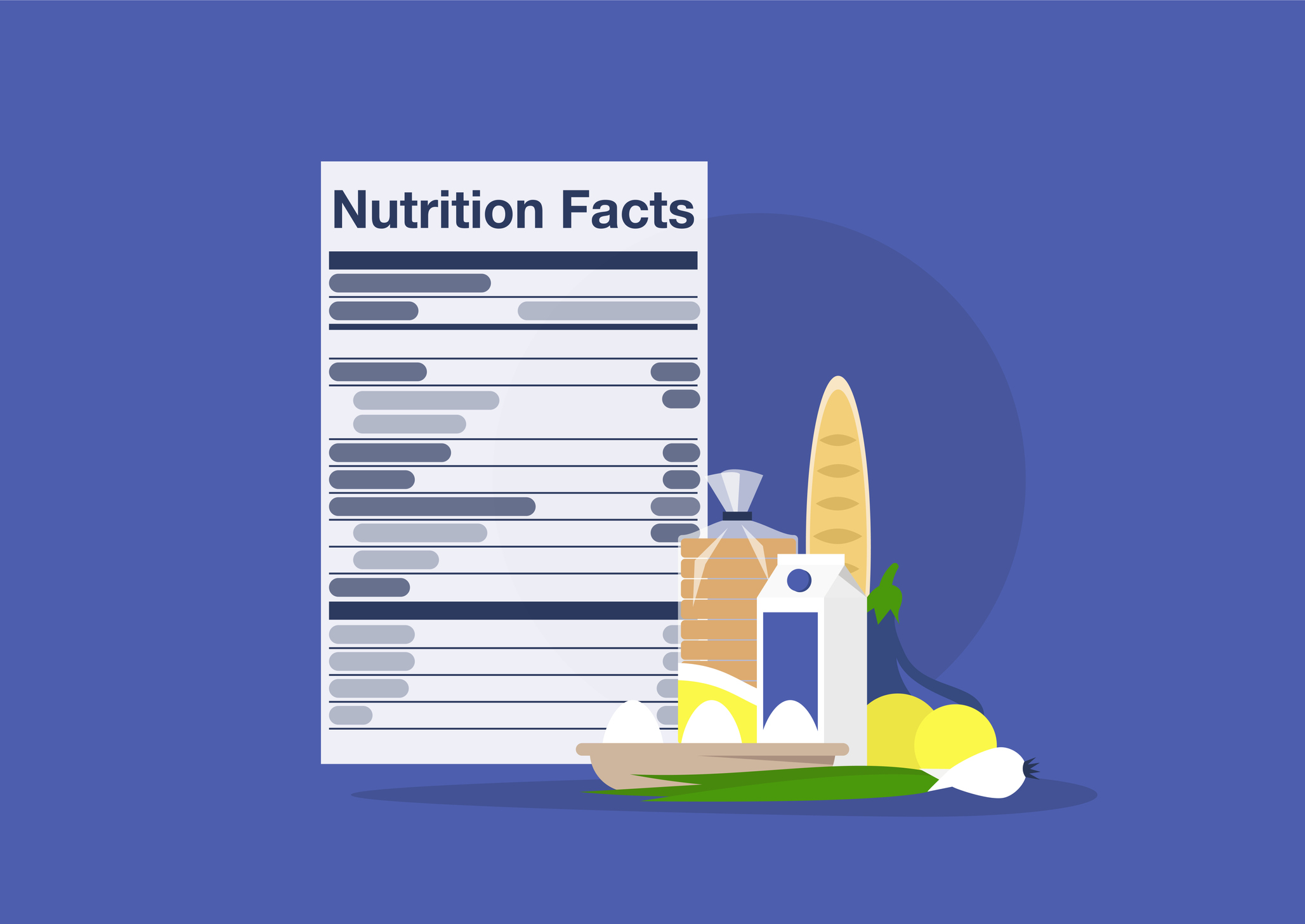Now that Valentines Day is in the rear-view window, it’s the perfect time to do a thorough sweep of your pantry for foods and beverages laden with added sugars. Many people trying to eat healthy find their weakness is having something sweet to finish a meal or treat themselves after a challenging day. But processed foods made with free sugars, that are not naturally occurring, can increase the risk for cardiovascular disease according to new research.
As recently reported by CNN Health, a new research article, published in the journal BMC Medicine, investigated the link between cardiovascular disease and the type of carbohydrates consumed by study participants. The large-scale analysis found that the quality, rather than quantity, of carbohydrates consumed influenced the risk for heart disease, cardiovascular disease and stroke.
Study participants completed between 2 and 5 24-hour online dietary assessments, logging their food and beverage intake throughout each day. After a nine-year follow-up period, researchers were able to analyze how health outcomes varied based on the types and sources of carbohydrates consumed. Participants who ate more free sugars had a greater risk for cardiovascular disease and greater waist circumference. Higher intake of free sugars was also linked with higher triglyceride levels – a risk factor for coronary artery disease. Triglycerides are fats from butters, oils and other fats consumed, as well as from additional calories the body doesn’t immediately need.
Experts explained to CNN that added sugar is metabolized differently in the body than in whole foods, leading to widespread inflammation, stressing the heart and blood vessels, and may contribute to increased blood pressure. Free sugars are often found in heavily processed foods that have very little nutritional value and can lead to overeating and obesity – a significant risk factor for heart disease.
Study authors advise that people replace foods high in added sugars with whole food carbohydrates like fruits, vegetables and whole grains that take longer to break down into simple sugars. The fibre in these foods doesn’t cause the same spike in blood sugar that free sugars create, destabilizing blood glucose levels. Fibre in whole foods keeps people feeling fuller, and helps maintain a healthy digestive system. The Food and Drug Administration recommends eating at least 26 grams of fibre daily.
The Takeaway?
Read labels when shopping for foods. Packaged foods like cereal, bread, yogurt and condiments can be loaded with added sugars. Choosing water or tea instead of sweetened juices and other beverages and opting for fresh fruit over pastries can limit free sugar intake significantly. Meal planning and cooking from scratch can also reduce added sugar consumption to the recommended 6 teaspoons a day for women and 9 teaspoons for men, according to The American Heart Association.






Add Your Voice
0 Comments
Join the Discussion